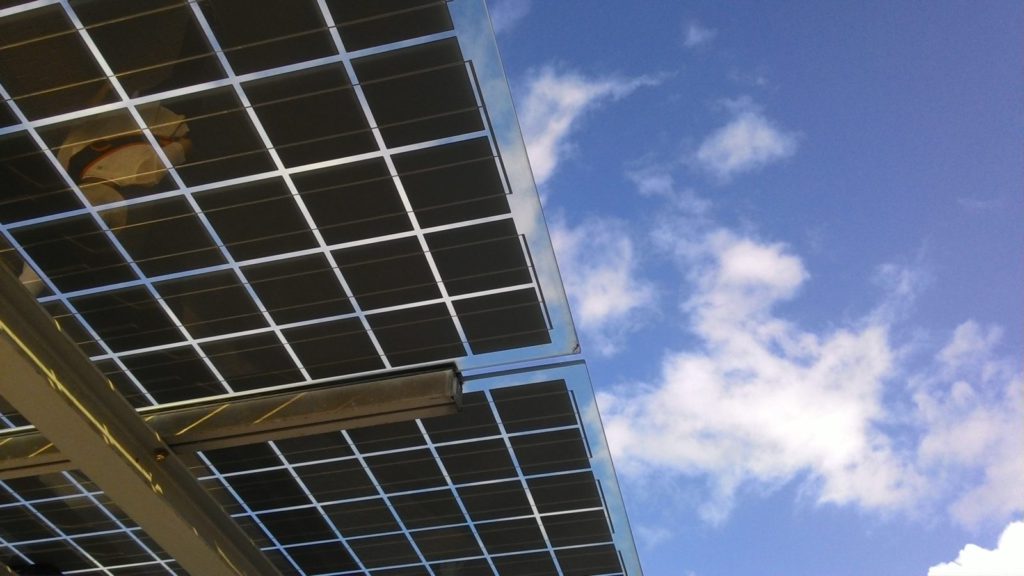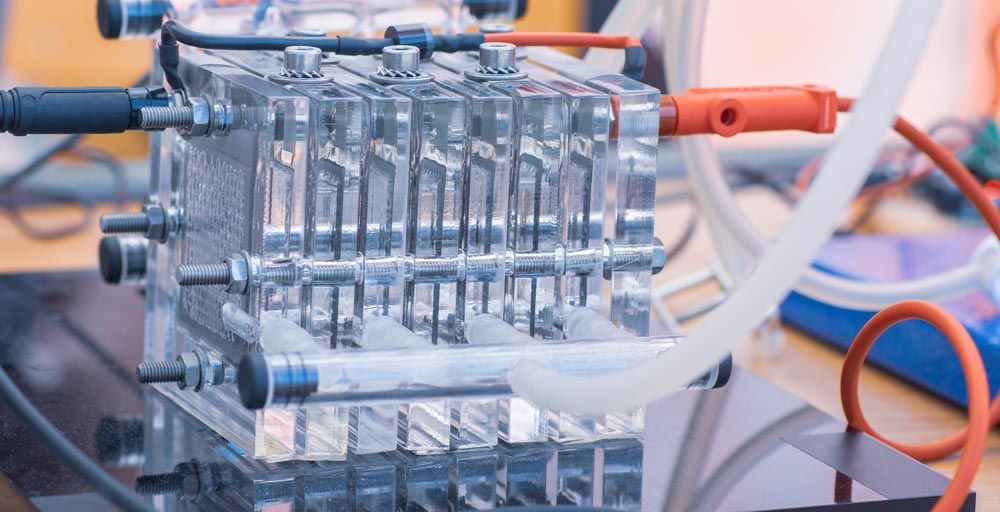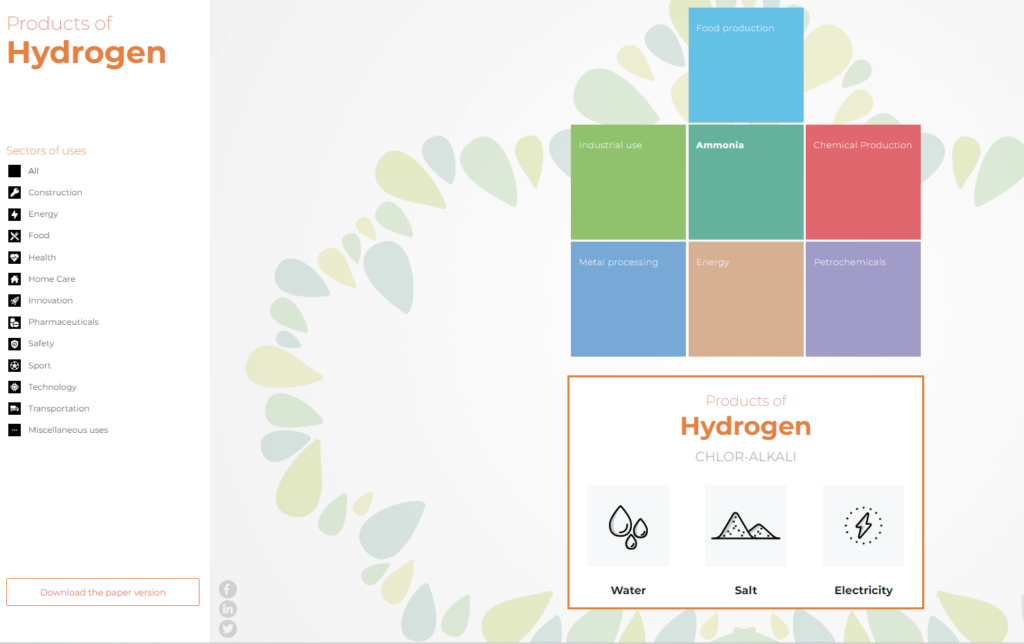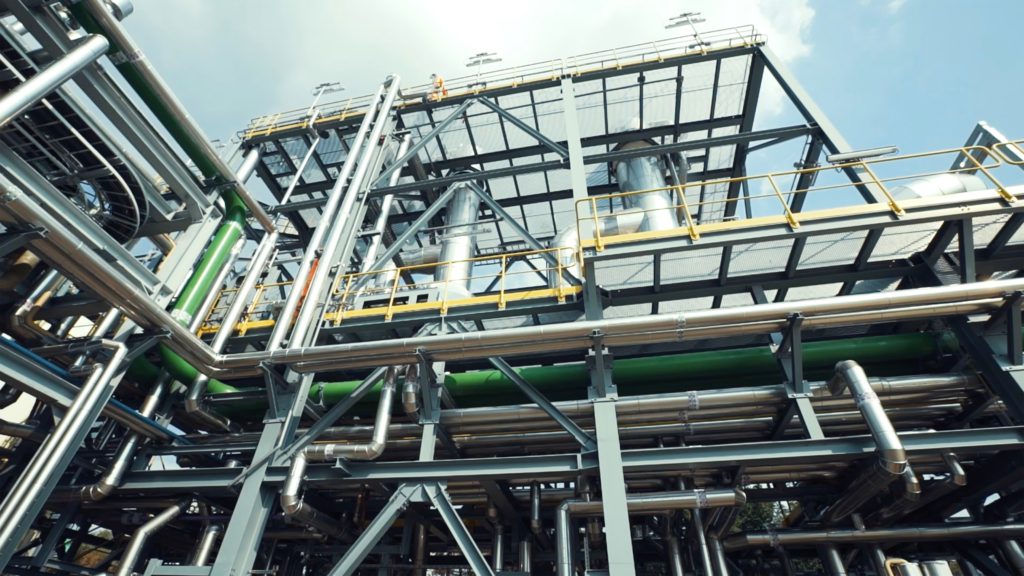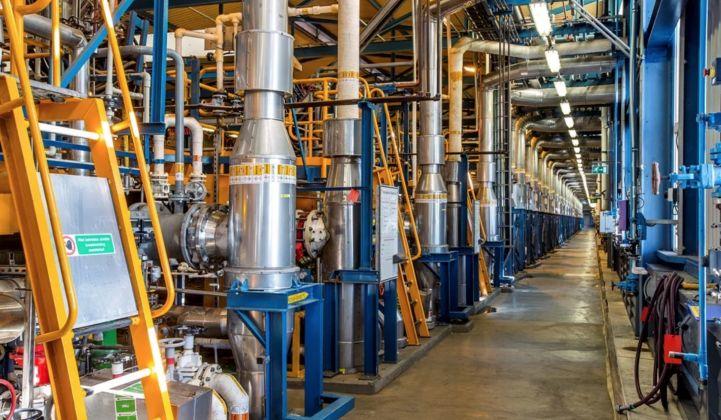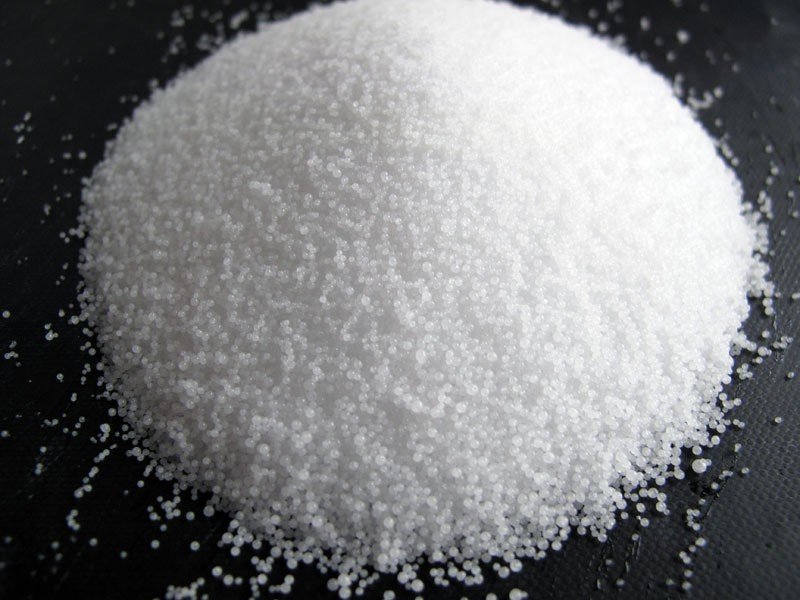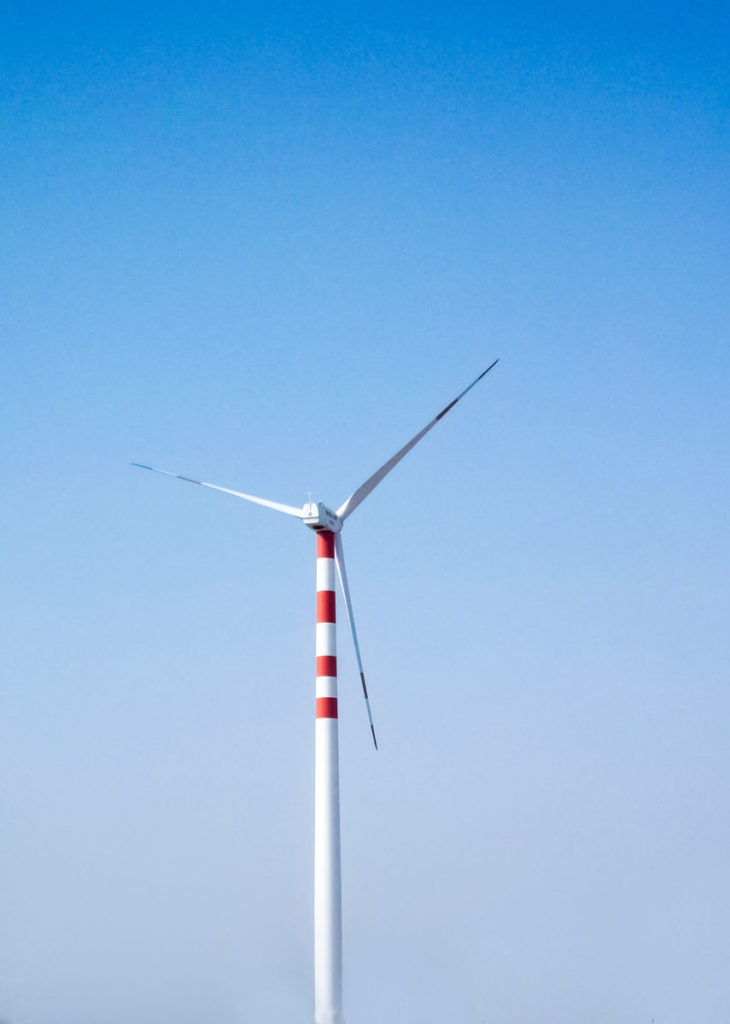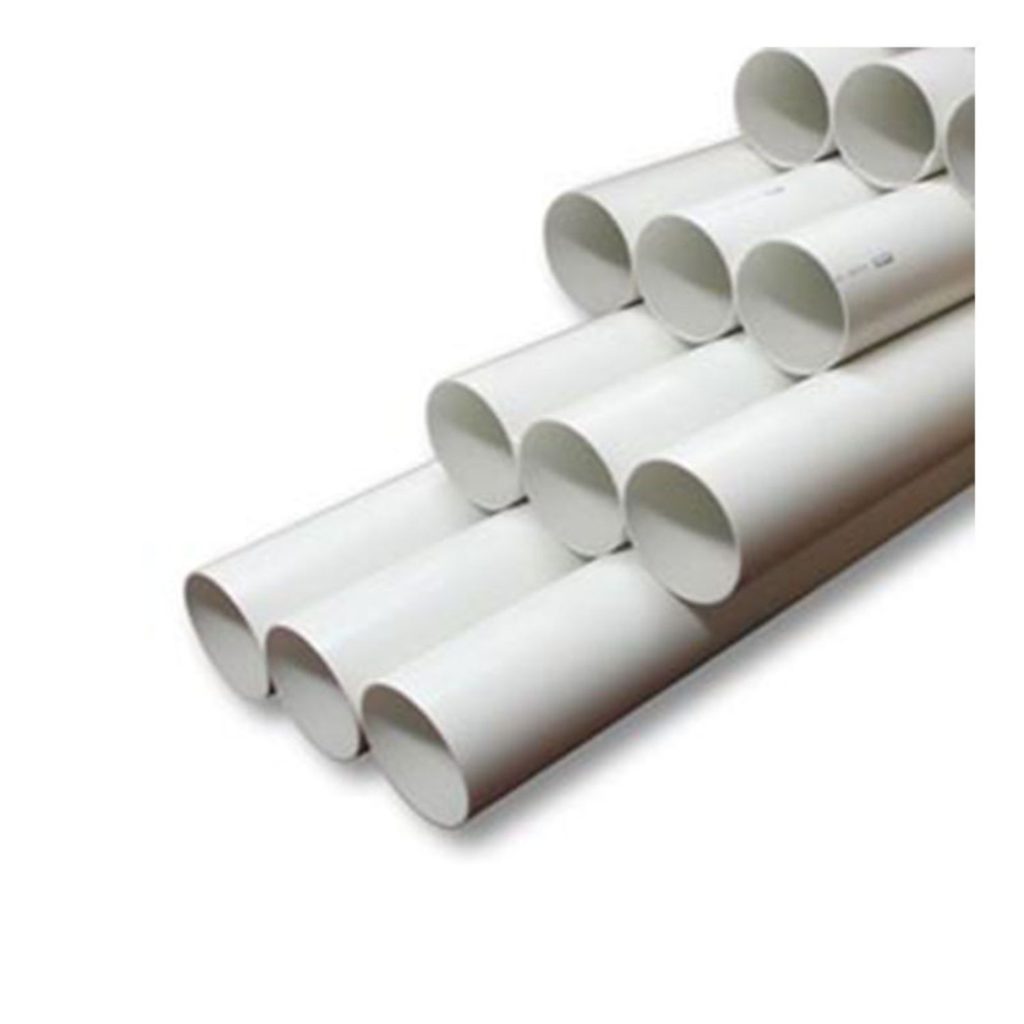Energy
Electricity is essential for the chlor-alkali industry
The production of caustic soda/ potash, hydrogen and chlorine (chlor-alkali) is a round-the-clock process that uses electricity as one of its raw materials. As such, reliable and affordable electricity is a key part of the production process. 70-90% of the cost of making chlor-alkali is due to electricity (see further information in this document), meaning producers are sensitive to electricity price trends. Without secure and competitively priced electricity supplies, Europe will no longer be able to sustain a globally competitive chlor-alkali industry and many supply chains that rely on chlor-alkali are at risk of leaving Europe. This is not just a challenge for our industry though. All European Energy Intensive Industries (EII) are impacted by the changing face of energy on the continent.
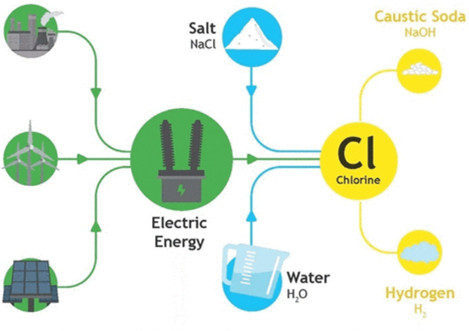
Becoming climate neutral by 2050
At the same time, to achieve EU goals of climate neutrality by 2050, any electricity that we use should also be climate neutral, readily available and affordable. Euro Chlor supports all attempts to reduce the carbon content of the electricity needed for chlor-alkali production and is working with policy makers to help meet European targets. One contribution we can make in achieving climate neutrality is via the various chlor-alkali products needed for the production and efficient use of energy that you can read about on our Energy Uses page.
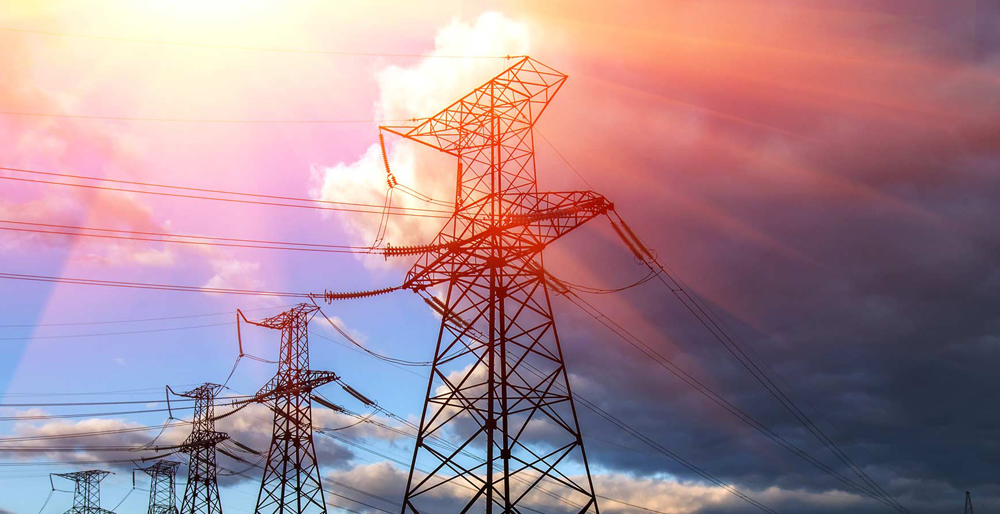
What more can we do to reach climate neutrality?
The climate neutral future we are working towards involves intense efforts combined with innovative technologies to efficiently harness energy and/ or produce electricity. As such, we are liaising with our key stakeholders to figure out how the ambitious renewable targets could be integrated into our day-to-day business operations. These include things like flexible production and actions to reduce our carbon footprint, improve our energy efficiency and reduce energy use. You can find out how we are progressing here via our Chlor-Alkali Industry Review.
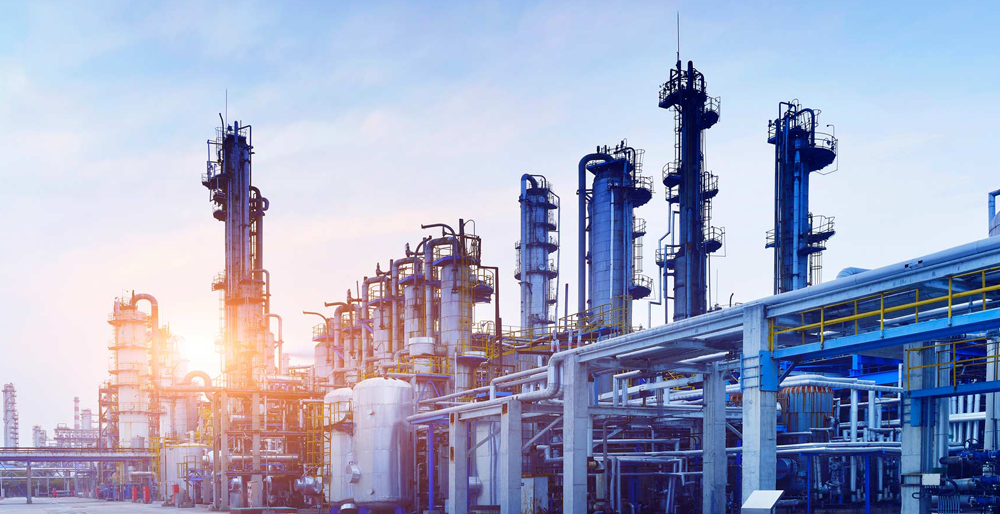
What help do we need to meet these targets?
Firstly, due to our energy intensive production, we need access to reliable and affordable low carbon and renewable electricity. The volatility of renewable production is hard to combine with our 24/7 operations. We are looking for solutions (e.g., large infrastructure to store huge amounts of electricity; significant production overcapacity instalment, …), but these require time and sometimes unrealistic investments.
Secondly, to prevent companies moving out of Europe, we require practical climate policy and predictable legislation. These will help us to regain our competitive edge and prevent the risk of carbon leakage.
Finally, as our industry gets compensation for higher electricity prices through indirect CO2 compensation at a Member State level, we require action to ensure that all EU Member States apply the relevant benchmarks in a consistent manner. Not only will this encourage innovation in energy efficiency but will also help to maintain a level playing field across the Union.


